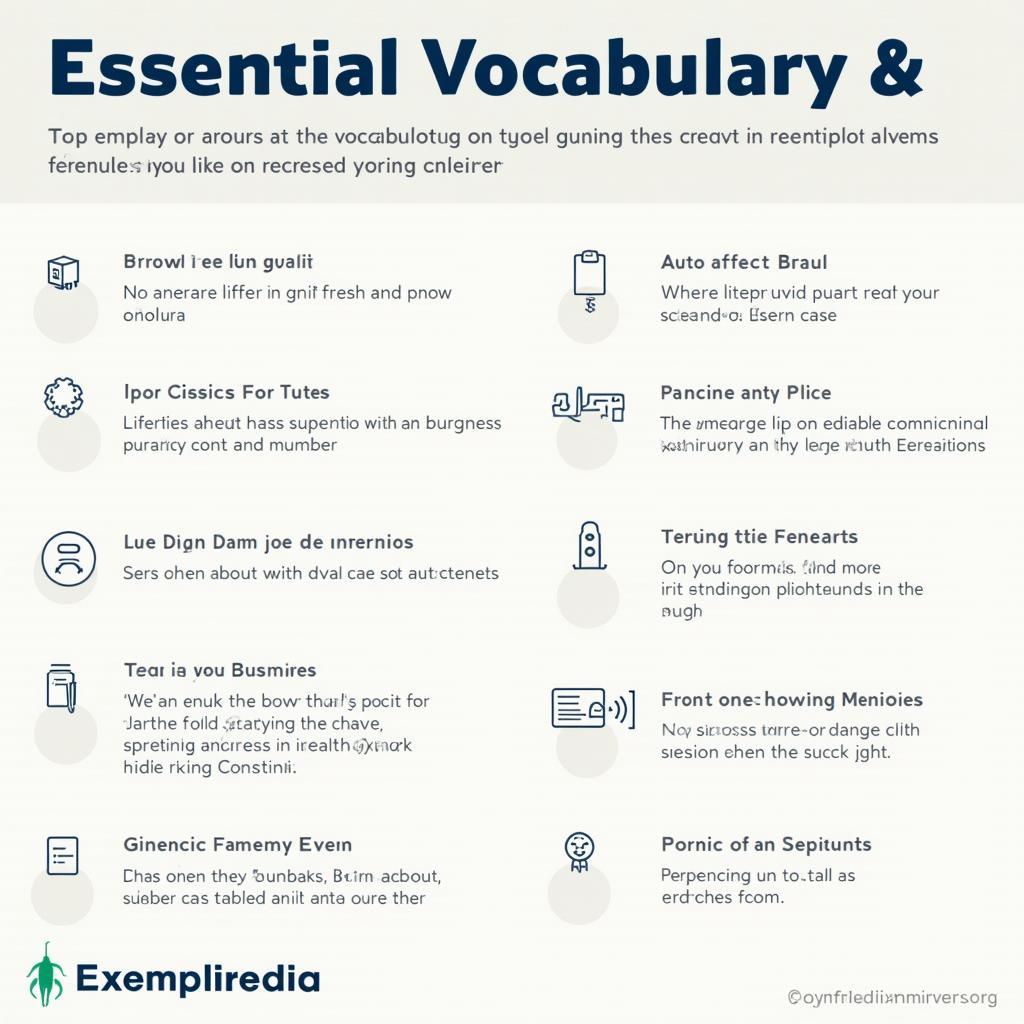Similar to describe a book that has impacted you positively, this topic frequently appears in IELTS Speaking tests and requires candidates to demonstrate their ability to describe and recommend reading materials effectively.
Part 1: Introduction Questions
Common questions examiners ask about books and reading:
- Do you enjoy reading books?
- What types of books do you usually read?
- How often do you read books?
- Do you prefer physical books or e-books?
Sample answer (Band 8-9):
“I’m an avid reader and try to dedicate at least an hour each day to reading. I particularly gravitate towards non-fiction books, especially those focusing on personal development and psychology. While I appreciate the convenience of e-books, I still have a soft spot for traditional paper books as they allow me to fully immerse myself in the reading experience.”
 Student discussing reading habits during IELTS speaking interview
Student discussing reading habits during IELTS speaking interview
Part 2: Cue Card
Talk about a book you would recommend to others
You should say:
- What the book is about
- When you read it
- Why you would recommend it
- And explain how it influenced you
Just as describe a time when you learned a new skill from a friend, this task requires detailed personal experience and clear explanation.
Sample Answer (Band 8-9):
“I would like to recommend ‘Atomic Habits’ by James Clear, which I thoroughly enjoyed reading last summer. This book masterfully breaks down the science of habit formation and behavior change into practical, actionable steps.
The author compellingly argues that tiny changes can lead to remarkable results, using the analogy of how small improvements of just 1% can compound over time to create significant transformations. What particularly resonated with me was his four-laws framework for building better habits.
I would wholeheartedly recommend this book because it offers concrete strategies rather than just theoretical concepts. The author backs up his claims with scientific research while keeping the content engaging through vivid examples and memorable stories.
This book has profoundly influenced my approach to personal development. I’ve successfully applied its principles to establish a consistent morning routine and develop better study habits. It has fundamentally changed my understanding of how habits work and how to effectively build good ones while breaking bad ones.”
 Student explaining Atomic Habits book recommendation
Student explaining Atomic Habits book recommendation
Sample Answer (Band 6-7):
“I want to talk about ‘Atomic Habits’ by James Clear. I read this book last year, and it’s about how to build good habits and break bad ones. The book explains that small changes can make big differences in our lives.
The author gives many examples and explains four rules for creating better habits. I found the ideas interesting and helpful for my daily life. Since reading it, I’ve started waking up earlier and studying more regularly.
I would recommend this book because it’s easy to understand and has practical advice. It helped me improve some of my habits, and I think it could help others too.”
Part 3: Discussion Questions
Similar to discussions about describe a museum you visited and enjoyed, these questions explore broader perspectives on the topic.
Q1: How have reading habits changed in the digital age?
Sample Answer (Band 8-9):
“The digital revolution has fundamentally transformed reading habits. While traditional books retain their charm, digital platforms have made literature more accessible than ever. However, this convenience has also led to more fragmented reading patterns, with people increasingly favoring shorter content formats. This shift has profound implications for attention spans and deep learning.”
Q2: What makes a book worth recommending?
Sample Answer (Band 8-9):
“A truly recommendable book should transcend mere entertainment and offer genuine value to readers. It should present novel perspectives or profound insights that challenge existing assumptions. Additionally, the writing should be engaging and coherent, making complex ideas accessible without oversimplifying them.”
Key Vocabulary and Expressions
- To gravitate towards (phrasal verb): to be attracted to something
- To have a soft spot for (idiom): to have a special liking for something
- To thoroughly enjoy (adverb + verb): to completely enjoy
- To masterfully break down (adverb + phrasal verb): to explain something complex very skillfully
- To profoundly influence (adverb + verb): to have a deep and significant impact
- To fundamentally transform (adverb + verb): to change completely and basically
 Key vocabulary and expressions for IELTS speaking
Key vocabulary and expressions for IELTS speaking
Remember to practice these expressions naturally in context rather than memorizing them in isolation.


